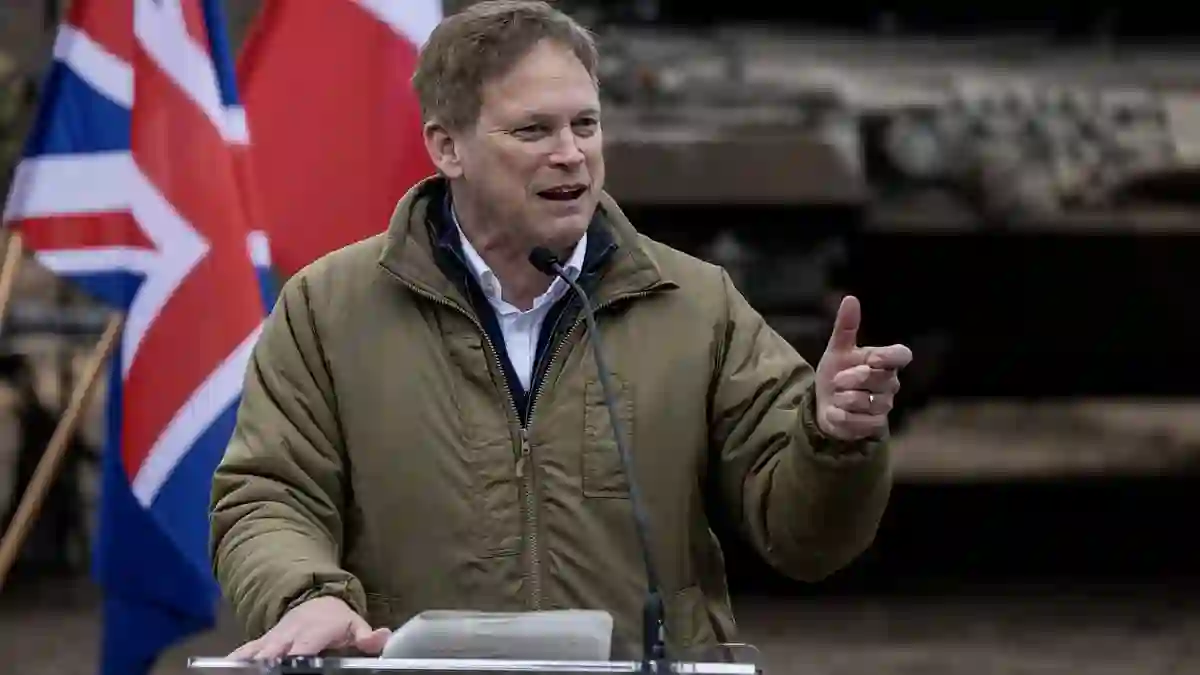In a political storm that’s been brewing for two years, former Defence Secretary Grant Shapps has finally spoken out about the massive Afghan data leak and the extraordinary secrecy that followed.
His message? If he had to do it all over again—he absolutely would.
Keeping Quiet to Prevent Bloodshed
Speaking in his first interview since a strict super injunction was lifted, Shapps defended the controversial decision to keep the leak under wraps.
Talking to BBC Radio 4’s Today programme, he explained that the priority was saving lives, not making headlines.
“I would much rather be explaining why I kept things quiet than explaining why people were murdered,” he said.
According to him, the potential fallout of revealing the leak at the time could have led to deadly consequences—especially for MI6 agents, special forces, and other British operatives who were named in the compromised data.
What the Leak Actually Exposed
The details are now coming to light, and they’re more serious than previously imagined.
The leaked database contained information about 18,800 Afghans, but also dozens of British officials, including senior military officers and intelligence personnel.
One name on the list was reportedly a brigadier, alongside other high-ranking figures and government workers.
The information was so sensitive that the High Court approved a rare super injunction, effectively blocking all media from reporting on the issue to protect those at risk.
A Two-Year Silence and a Political Fallout
Ministers enforced the gag order for two years, and now that it’s been lifted, outrage is erupting across Parliament.
Many MPs, especially those on security committees, say they were completely left in the dark.
While Shapps firmly stands by the initial decision to go silent, he admits the secrecy probably went on for too long.
“I thought it would be lifted by last summer or autumn at the latest,” he said, acknowledging that the risks have since decreased as people have been relocated or better protected.
Pointing Fingers at Labour and the Current Government
Shapps didn’t shy away from spreading some of the blame, either.
He questioned why Labour, who he claims had the opportunity to challenge the injunction earlier, didn’t act sooner.
He also pointed out that most of the time the gag order was in place, he was no longer defence secretary—indicating that others could’ve stepped in to review the ongoing secrecy.
The Public’s Right to Know vs. National Security
So where does the balance lie between public transparency and national security? For Shapps, this case made that line very clear.
“There are times when you have to go all in—take the most extreme measures—to stop people from being hunted down and killed,” he said.
“And that’s exactly what this situation required.”
Still, he acknowledged that people have every right to question why the super injunction lasted so long, saying, “those questions are for others.”
What Happens Now?
As pressure mounts, there’s growing support for the Intelligence and Security Committee to release a full report on what really happened, how deep the breach went, and how many people were put in danger.
Shapps says he supports that move and is open to greater transparency now that the immediate risk has subsided.
The story is far from over—but one thing is clear: this was one of the most secretive and high-stakes decisions taken by a British government in recent memory.
And only now are the details finally emerging.
